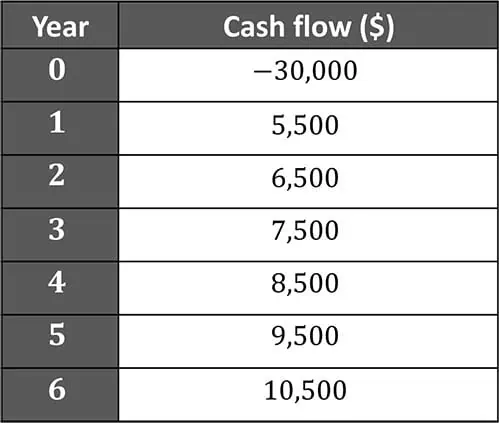In this article (and video above), I’ll walk you through a simple, effective wind-down routine designed to lower stress, boost clarity, and help you walk into the exam ready to perform at your best.
Why the Night Before the FE Exam Is So Important
So let’s start by talking about why the night before the FE exam is so important. You might be tempted to squeeze in one last review session—but at this point, that’s really not the best move. The night before the FE Exam is all about preserving your energy, keeping your mindset calm, and making sure you’re physically and mentally ready to go. Think of it like the night before a big race or a performance. Your focus should shift from prep to execution readiness. The goal isn’t to learn more—it’s to make sure everything you’ve already learned is accessible when the exam begins.
Your Simple, Stress-Free Night-Before Routine
Here’s a practical wind-down routine that can help you relax, sleep better, and feel in control heading into test day:
Step 1: Shut Down Studying Early
Set a hard stop—around 6 or 7 PM. That’s it. No more review. You’re done.
Step 2: Pack and Prep Everything You’ll Need
- Lay out your clothes
- Pack your calculator, ID, snacks & water
- Be sure you know how to get to the test center, and plan ahead for traffic and travel time.
- Check your appointment time again.
This will eliminate last-minute scrambling and will help you fall asleep without racing thoughts.
Step 3: Release Tension Gently
Go for a short walk or do some light stretching. Physical movement helps reduce tension and signal your body that it’s time to wind down.
Step 4: Shift to Relax Mode
Watch a light show, read a non-technical book, or listen to calming music. Avoid stimulating content, social media, or anything stressful before bed.
The key here is intentional relaxation—not zoning out, but actually allowing your body and brain to shift gears.
How to Get Better Sleep—Even If You’re Nervous
Worried you won’t sleep well? That’s normal—and it’s okay. The goal is to rest, not to force perfect sleep. Here are a few ways to help your body settle in:
- Avoid caffeine after noon
- Stick to your normal bedtime
- Write down any worries so they’re not stuck in your head
- Try a short breathing or meditation app—just five minutes can make a big difference
Even if you’re tossing and turning a bit, lying down calmly and letting your body rest still helps restore energy for the next day.
Here’s a BONUS TIP: Visualize Your Morning
Before bed, mentally rehearse your morning:
- What time you’ll wake up
- What you’ll eat for breakfast
- How you’ll get to the test center
- What you’ll do when you check in
This creates a sense of predictability and lowers anxiety. You’ll start the day feeling ready—not rushed.
In conclusion, the night before the FE Exam, your goal isn’t to cram—it’s to protect your preparation. That means no late-night study marathons. No panicking over what-ifs. Just create a calm, intentional routine that sets you up to be clear-headed and confident when you walk into the test center. With a rested brain, a focused mindset, and a smooth start to your day, you’ll set yourself up for success on the exam. So relax, reset, and trust the work you’ve put in. Step in calm, and walk out proud. You’ve got this.
Lastly, I encourage you to ask questions in the comments of the videos or here on this page and I’ll read and respond to them in future videos. So, if there’s a specific topic you want me to cover or answer, we have you covered.
This Episode is Brought to You by School of PE
 School of PE has been a leading provider of exam prep courses since 2004, helping thousands of professionals achieve licensure and certification in engineering, surveying, and project management. Taught by industry experts, their courses align with the NCEES CBT format and consistently deliver pass rates above the national average. School of PE is recognized as a top-rated provider, and they are committed to student success through expert instruction and high-quality materials. Visit http://www.schoolofpe.com/ for more details and to see how they can best help you achieve your professional goals. Specialties: FE Exam Review, PE Exam Review, Surveying, and PMP.
School of PE has been a leading provider of exam prep courses since 2004, helping thousands of professionals achieve licensure and certification in engineering, surveying, and project management. Taught by industry experts, their courses align with the NCEES CBT format and consistently deliver pass rates above the national average. School of PE is recognized as a top-rated provider, and they are committed to student success through expert instruction and high-quality materials. Visit http://www.schoolofpe.com/ for more details and to see how they can best help you achieve your professional goals. Specialties: FE Exam Review, PE Exam Review, Surveying, and PMP.
Anthony Fasano, P.E.
Engineering Management Institute
Author of Engineer Your Own Success







